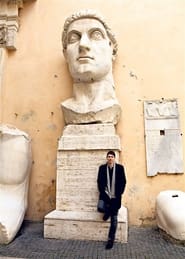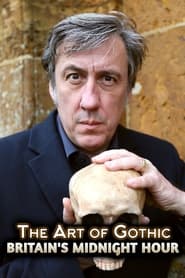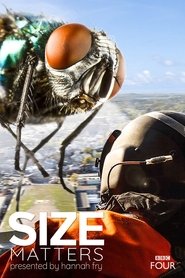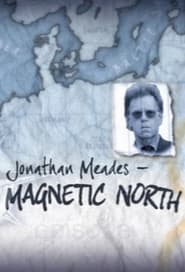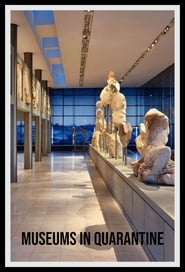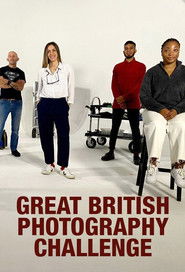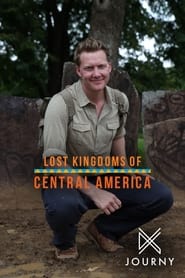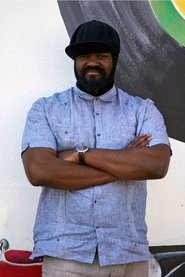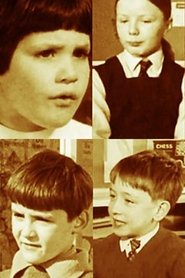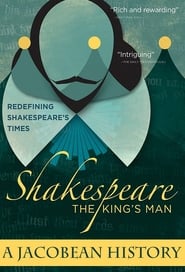Bbc Four TV Series - Page 14
-
Treasures of Ancient Rome
2012
star 7Treasures of Ancient Rome is a 2012 three-part documentary written and presented by Alastair Sooke. The series was produced by the BBC, and originally aired in September 2012 on BBC Four. In the documentary Sooke sets out to "debunk the myth that Romans didn't do art and were unoriginal". This is based on the view that Romans heavily incorporated Greek style in their art, and hence produced nothing new or original. Sooke has received some criticism from the media owing to the fact that there is no consensus among academics on this topic, and hence no 'myth' exists in the first place. -
Survivors: Nature's Indestructible Creatures
2012
It is estimated that 99 per cent of species have become extinct and there have been times when life's hold on Earth has been so precarious it seems it hangs on by a thread. This series focuses on the survivors - the old-timers - whose biographies stretch back millions of years and who show how it is possible to survive a mass extinction event which wipes out nearly all of its neighbours. The Natural History Museum's professor Richard Fortey discovers what allows the very few to carry on going - perhaps not for ever, but certainly far beyond the life expectancy of normal species. What makes a survivor when all around drop like flies? Professor Fortey travels across the globe to find the survivors of the most dramatic of these obstacles - the mass extinction events. -
Fabric of Britain
2013
Fabric of Britain
2013
Series of documentaries exploring Britain's relationship with fabric, featuring knitting, needlework and wallpaper. -
The Art of Gothic: Britain's Midnight Hour
2014
star 7Andrew Graham-Dixon explores how a group of 19th-century architects and artists spurned the modern age and turned to Britain's medieval past to create iconic works and buildings. -
Electric Dreams
2009
star 8A family of six and their home are stripped of all their modern technology to live a life of decades past. In each episode, the family lives through a given decade at a rate of a year per day. They have their own Technical Support Team to source and supply them with the vintage technology that would have been available to British households during the decade. -
Birds Britannia
2010
Birds Britannia
2010
Birds Britannia is a four-part BBC Four television series about the birds of the United Kingdom, first shown in 2010. It was produced by Stephen Moss. Each of the four, sixty-minute episodes concentrates on one kind of bird: garden birds, waterbirds, seabirds and birds of the countryside. The series has no presenter, and is narrated by the Scottish actor Bill Paterson, with filmed interviews with a wide range of experts and bird enthusiasts, including David Attenborough, Mark Cocker, Jeremy Mynott, Tim Birkhead, Jane Fearnley-Whittingstall, Christopher Frayling, Kate Humble, Rob Lambert, Desmond Morris, David Lindo, Helen Macdonald, Andrew Motion, Tony Soper, and Bill Oddie. It has been announced that a book of the same title, by Stephen Moss, will be published by Collins in April 2011. -
Size Matters
2018
star 6Hannah Fry takes a spectacular look at the science of size by imagining a parallel world in which everything is made bigger or smaller. -
Monsoon Railway
2007
Monsoon Railway
2007
Director Gerry Troyna, painting an affectionate portrait of the Indian railway culture. -
Jonathan Meades - Magnetic North
2008
star 9Jonathan Meades travels from the flatlands of Flanders to Germany's spectacular Baltic coast in an attempt to decipher exactly what northernness entails. -
Museums in Quarantine
2020
Series that explores national museum collections at a time of enforced closure. -
Great British Photography Challenge
2021
The search is on for an exciting new name in British photography. Six talented photographers from across the UK embark on the photographic masterclass of a lifetime with Rankin. -
Kermode and Mayo’s Home Entertainment Service
2020
star 6Mark Kermode and Simon Mayo host a weekly guide to the best (and worst) of streaming culture in the 21st century, across film and premium television. -
Lost Kingdoms of Central America
2014
star 8Dr Jago Cooper explores the rise and fall of the forgotten civilisations of Central America. -
Come Clog Dancing: Treasures of English Folk Dance
2010
Presenter Charles Hazlewood stages a 140-person flashmob clog dance and explores the history of this folk dance that originated in the collieries and pit villages of the north east of England in the 19th century. -
Gregory Porter's Popular Voices
2017
star 6Soul and jazz singer Gregory Porter explores the transcendent power of the popular singing voice in this joyous new series, celebrating everyone from Prince to Whitney, Caruso to Freddie Mercury -
Children Talking
2015
Children Talking
2015
A captivating insight into British life straight from the mouths of school children from the 1960s and '70s. -
Metalworks!
2012
Metalworks!
2012
Series looking at aspects of British metalworking over the centuries, including the art of the silversmith, the history of armour and the work of the blacksmith. -
The King & the Playwright A Jacobean History
2012
Professor James Shapiro re-examines the work of Shakespeare during King James I's reign. -
An Islamic History of Europe
2009
Rageh Omaar visits Spain, Sicily and France to discover the history of Islam in Europe
